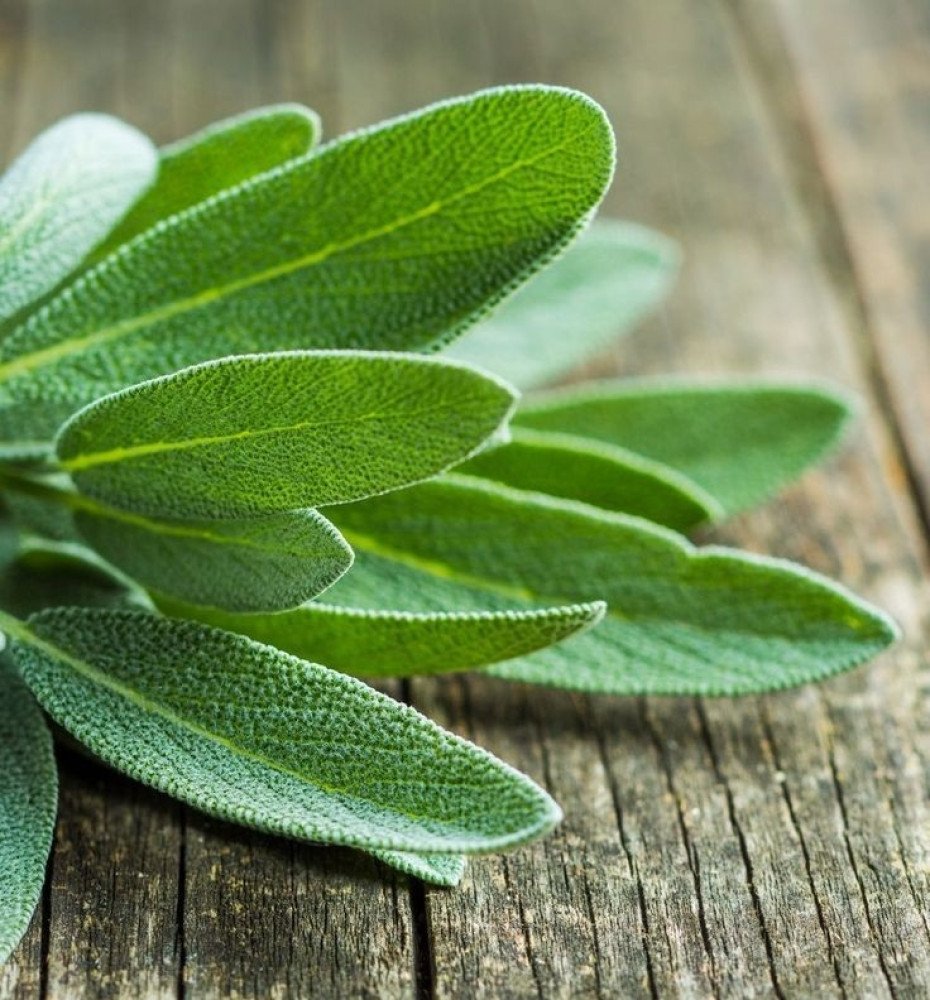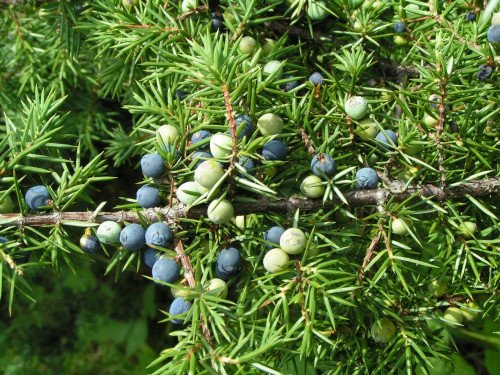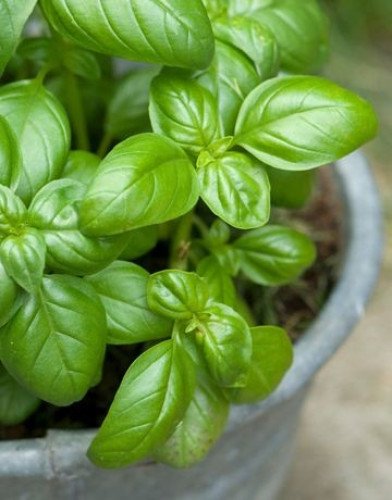Welcome to our ultimate guide to Sage! In this article, we'll delve into the herb's history, traditional uses, modern applications in cooking, natural remedies, and health benefits. Whether you're a seasoned chef or just starting to explore the world of herbs, we'll provide recipes and tips for incorporating Sage into your daily routine.
Sage, a member of the mint family, has been used for centuries for its culinary and medicinal properties. It was used in ancient times to treat a range of ailments, such as digestive issues, sore throats, and skin conditions. The Greeks and Romans believed it had numerous healing properties, and even thought it could promote longevity. Sage was also used in religious ceremonies in Egypt and by many African tribes. In particular, it was used as a natural remedy for women's health issues.
There are several types of sage plants that grow in different regions. In Africa, you can find Wild Sage (Lippia javanica), also known as "African sage," which is native to East, West and Central Africa, and is used in traditional medicine to treat respiratory problems, fever, and coughs. Common Sage (Salvia officinalis) is not native to Africa, but it has been introduced and grown in many parts of the continent. African Sage (Salvia africana-lutea) is native to South Africa and is widely used in traditional medicine to treat colds, flu, digestive problems, and as a spice in cooking. Ethiopian Sage (Salvia aethiopis) is native to Ethiopia and is used as a spice in cooking, particularly in stews and soups. It is also used in traditional medicine to treat stomach problems.
Sage is a versatile culinary herb that enhances the flavor of many dishes. Its slightly bitter taste pairs well with meats, cheeses, and vegetables, making it a popular ingredient in various cuisines. Sage is a crucial component of Thanksgiving turkey stuffing, and it is also used in Italian dishes like pasta sauces and risotto. It adds flavor to soups, stews, and roasted vegetables. Sage can be used fresh or dried, depending on the recipe.
Apart from its culinary uses, sage is also known for its medicinal benefits. Some of the key benefits of sage include its anti-inflammatory, antimicrobial and antioxidant properties, that have been scientifically proven. These properties can reduce inflammation, protect the body from oxidative stress, and lower the risk of chronic diseases like heart disease, cancer, and diabetes. Sage has also been shown to improve cognitive function, memory, and attention, and it supports oral health by preventing bad breath and gum disease.
Sage is often used to alleviate digestive issues like bloating, gas, and diarrhea while improving nutrient absorption and stimulating the digestive system . It can also help relieve sore throat, cold, and flu symptoms. Sage is even used topically to treat skin conditions such as acne and eczema. With its numerous health benefits and flavorful taste, it's no surprise that sage has become a beloved herb in many kitchens.
In addition, sage has been found to relieve menopausal symptoms, such as hot flashes, due to its hormone-regulating and inflammation-reducing properties. Furthermore, sage has immune-boosting properties that can help reduce the risk of infections.
To sum up, sage is a versatile herb that has been used for both medicinal and culinary purposes for centuries. It has numerous health benefits, such as supporting digestive health, cognitive function improvement, and immune system support. Incorporating sage into your diet or using it as a supplement can provide a range of health benefits for your body and mind.
Sage is not only a flavorful culinary herb but also a source of numerous health benefits. From reducing inflammation to boosting cognitive function, sage is a versatile plant with many applications. In this section, we'll explore some of the key health benefits of sage, including those specific to African sage and wild sage.
Anti-Inflammatory Properties: Sage contains compounds with potent anti-inflammatory properties that can reduce inflammation throughout the body. This makes sage an excellent herb for managing chronic conditions like heart disease, cancer, and diabetes.
Antioxidant Properties: Sage is also rich in antioxidants, which can help protect cells from oxidative stress caused by free radicals. These compounds help slow down the aging process and lower the risk of chronic diseases.
Cognitive Function Improvement: Sage has been shown to improve cognitive function, memory, and attention. It does this by increasing blood flow to the brain and reducing inflammation in neural pathways.
Oral Health Support: Sage has powerful antibacterial properties that can help prevent bad breath and gum disease. It's often used in natural mouthwashes and toothpaste to promote oral health.
Menopause Relief: Sage has been found to relieve hot flashes and other menopausal symptoms in women. This is due to its hormone-regulating and inflammation-reducing properties. African sage has been traditionally used to treat menopausal symptoms.
Digestive Health Support: Sage can also be used to alleviate digestive issues like bloating, gas, and diarrhea. It stimulates the digestive system and improves nutrient absorption. Wild sage is often used in traditional medicine to treat stomach problems.
Immune System Support: Sage has immune-boosting properties that can help reduce the risk of infections. It's a valuable herb for overall immune system health and is especially useful during cold and flu season.
In summary, Sage is a remarkable culinary herb that provides numerous health benefits. Its anti-inflammatory and antioxidant properties make it a useful herb for managing chronic diseases, while its cognitive function improvement and oral health support make it a great choice for maintaining overall health. African sage and wild sage provide unique benefits for menopausal symptoms and digestive issues, respectively. Adding sage to your diet can be an easy way to enjoy the benefits of this versatile herb.




Add your reply
Replies